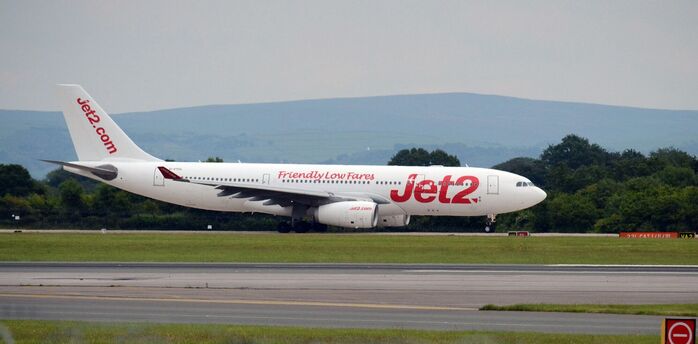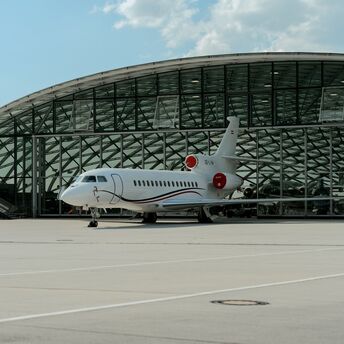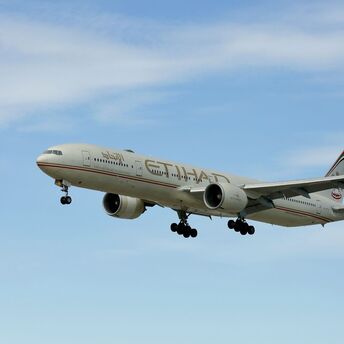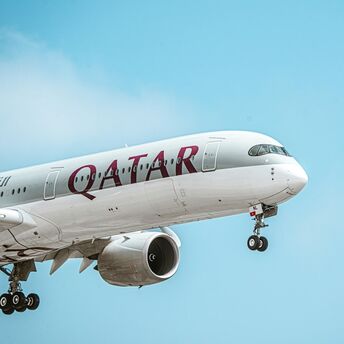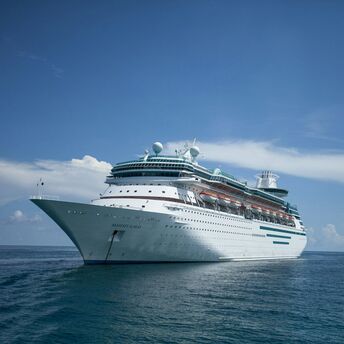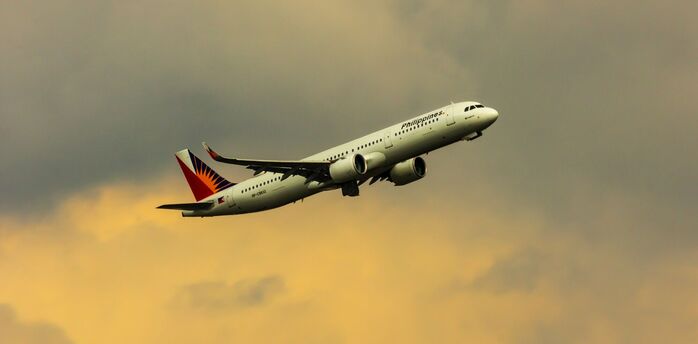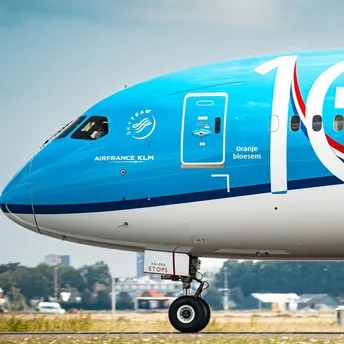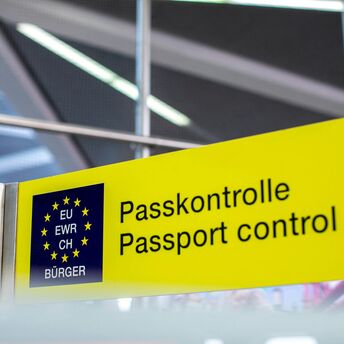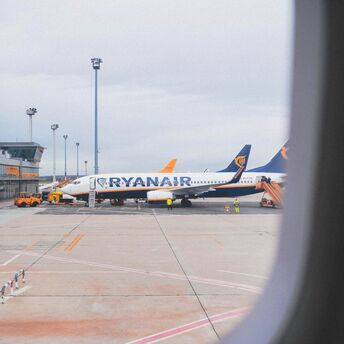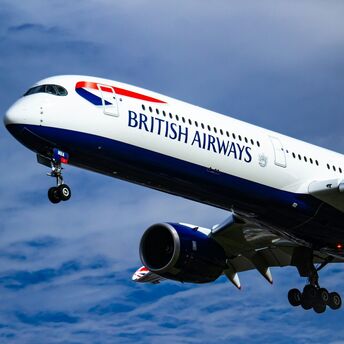JAL and ANA Implement New Guidelines to Combat Passenger Misconduct
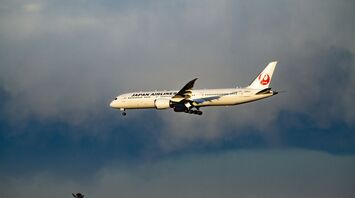
Japan's two largest airlines, Japan Airlines (JAL) and All Nippon Airways (ANA), have introduced new guidelines to address and mitigate passenger misconduct, aiming to better protect their employees from harassment and unruly behavior.
ANA’s Policies
ANA Group has clearly defined what constitutes customer harassment, emphasizing actions that exploit a superior position, illegal activities, and behaviors that harm the work environment. Examples include:
- Verbal abuse, yelling, insults, discriminatory remarks, defamation.
- Threatening or intimidating behavior.
- Excessive demands.
- Physical violence, property damage, or other aggressive behavior.
- Actions disrupting business operations (prolonged detention, multiple complaints).
- Unauthorized access to workspaces.
- Deceptive behavior towards employees.
- Actions damaging the company's or employees' credibility.
- Acts of voyeurism, stalking, indecent behavior, obscene remarks, or sexual harassment.
ANA’s approach involves initially dealing with harassment politely but escalating to refusing service and reporting to authorities if necessary.
JAL’s Policies
JAL’s guidelines align closely with those of ANA. The airline identifies harassment as any words or deeds exploiting a superior position, actions that could impede flight safety, and behaviors harming the employee work environment. Specific examples include:
- Abusive language, aggressive tone, insults, discrimination, slander.
- Threatening staff.
- Excessive or unreasonable demands.
- Assault.
- Actions disrupting business operations (prolonged detention, excessive repetition of requests or complaints).
- Unauthorized entry into workplaces.
- Deceptive behavior towards employees.
- Slander against the company or employees on social media.
- Sexual harassment.
JAL has also outlined measures to address harassment, including involving police and lawyers if required.
The Broader Context
Instances of unruly passenger behavior have been on the rise globally, ranging from verbal abuse to physical assault. The Federal Aviation Administration (FAA) in the United States has a zero-tolerance policy for such behavior, introducing measures like airport signage and public service announcements to warn passengers. The FAA states:
"Dangerous passengers put everyone at risk. Threatening or violent behavior can distract and disrupt crewmembers from their primary responsibility – to ensure the safety of all passengers. If you disrupt a flight, you risk not only substantial fines from the FAA but also federal criminal prosecution and jail time."
JAL and ANA's proactive stance on passenger misconduct highlights the airlines' commitment to ensuring a safe and respectful environment for their employees and passengers.


